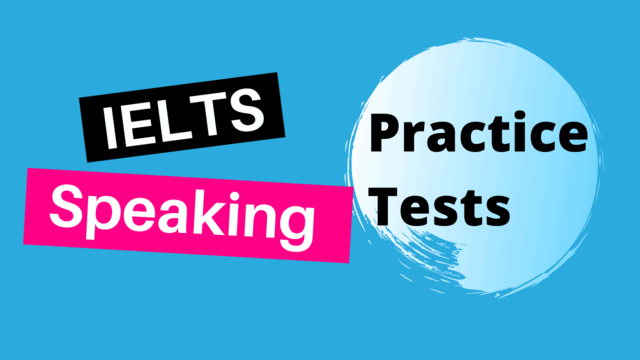In the IELTS Speaking test, you’ll need to communicate effectively across three parts: Part 1 (Introduction and Interview), Part 2 (Long Turn), and Part 3 (Discussion). Parenting is a broad and insightful topic that covers various aspects of child-rearing practices, discipline, and the impact of technology on parenting today. This sample test on Parenting includes 10 questions and answers, as well as tips to help you score high on the IELTS Speaking test.

Part 1: Introduction and Interview
- Question: Do you think parenting is challenging?
- Answer: Yes, parenting is definitely challenging. Raising a child requires patience, time, and a lot of responsibility. Parents need to be role models, provide guidance, and create a safe environment, which can be demanding.
- Question: How has the Internet influenced parenting?
- Answer: The Internet has provided parents with access to a lot of information on child-rearing. There are blogs, forums, and expert advice that can help parents make informed decisions, but it can also be overwhelming due to conflicting advice.
- Question: What qualities do you think are important in a good parent?
- Answer: A good parent should be patient, understanding, and supportive. They should also set a good example for their children and be able to balance discipline with affection.
- Question: Do you think the role of parents has changed over the years?
- Answer: Yes, the role of parents has changed significantly. With more parents working full-time and increased use of technology, parents today need to adapt to new challenges and find ways to stay connected with their children.
Part 2: Long Turn
- Question: Describe a parent you admire. You should say:
- who the parent is
- how you know about this person
- what makes them a good parent
- and explain why you admire this person as a parent.
- Answer: A parent I admire is my aunt. She’s a mother of two and has always been patient, caring, and supportive of her children’s interests. She listens to them, helps them with school, and encourages their hobbies. I admire her because she balances work and family so well and always makes time for her kids, which I find very inspiring.
Part 3: Discussion
- Question: How do you think technology has impacted parenting?
- Answer: Technology has made parenting easier in some ways by providing resources and tools, like apps for monitoring children or educational games. However, it has also created challenges, like screen addiction and concerns about children’s safety online.
- Question: Do you think parents should monitor their children’s online activity?
- Answer: Yes, I think parents should monitor their children’s online activity, especially when they are young. The Internet can expose children to inappropriate content, so having some level of supervision can help protect them.
- Question: What is the difference between parenting today and parenting in the past?
- Answer: Parenting today is more complex due to technology, changing societal values, and the fast pace of modern life. In the past, there was often a more traditional approach, with stricter discipline and clearer gender roles, whereas today, parents are more open to flexible, child-centered approaches.
- Question: What role do you think the Internet plays in shaping parenting trends?
- Answer: The Internet plays a big role in shaping parenting trends by providing access to new ideas and parenting philosophies. It allows parents to read about approaches from around the world, which has led to a more diverse range of parenting styles becoming popular.
- Question: How important do you think it is for parents to set boundaries for their children?
- Answer: It’s very important for parents to set boundaries to help children understand what behavior is acceptable and to instill discipline. Boundaries help children develop self-control and respect for others, which are essential qualities for their development.
Tips for Scoring High in IELTS Speaking
- Use Clear Pronunciation and Engaging Intonation
Speaking clearly and with natural intonation will make your responses sound engaging. Emphasizing key points in your answers also helps to express ideas effectively. - Incorporate Vocabulary Specific to Parenting
Use specific terms related to parenting, such as “child-rearing,” “discipline,” “nurturing,” “guidance,” “boundaries,” and “responsibility.” This will demonstrate a strong command of vocabulary relevant to the topic. - Organize Your Responses
Start with a clear main idea, support it with examples, and conclude if needed. A structured response is easier to follow and will demonstrate coherence, which is crucial for scoring high. - Use a Range of Grammar and Sentence Types
Show grammatical range by using a mix of sentence structures, including conditionals, such as “If parents set clear boundaries, children tend to feel more secure.” This variety displays your language skills effectively. - Practice Fluency and Confidence
Maintain a steady pace and avoid long pauses. Use fillers like “That’s an interesting question” if you need a moment to think. Practicing with similar topics in advance can improve your confidence and fluency.
By using these sample questions and tips, you can feel more confident discussing parenting and related topics, while showcasing your English language skills. Preparation is key to performing well in the IELTS Speaking test. Good luck!
